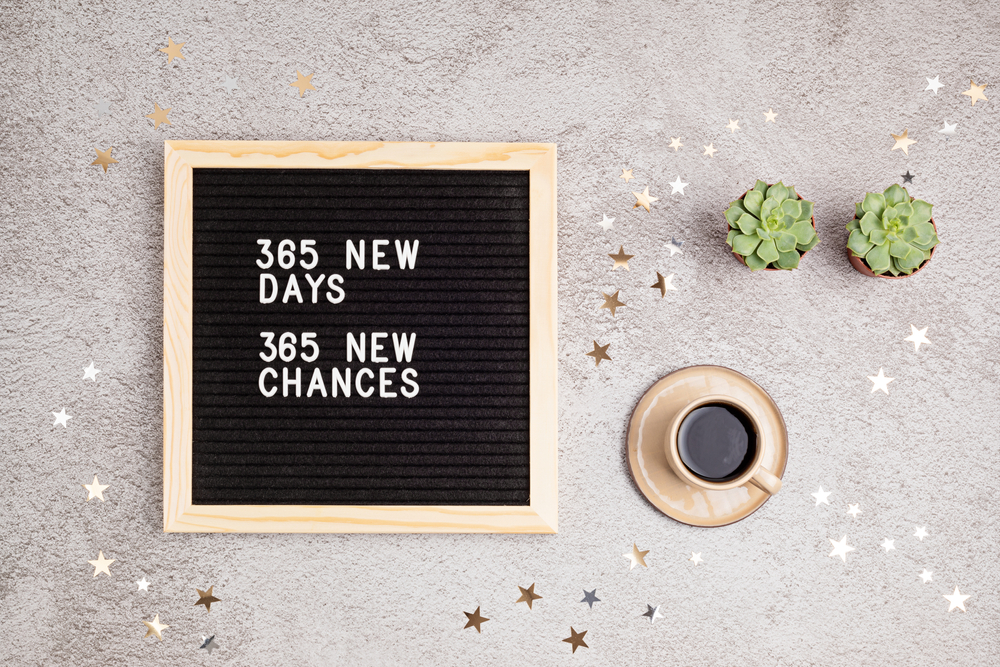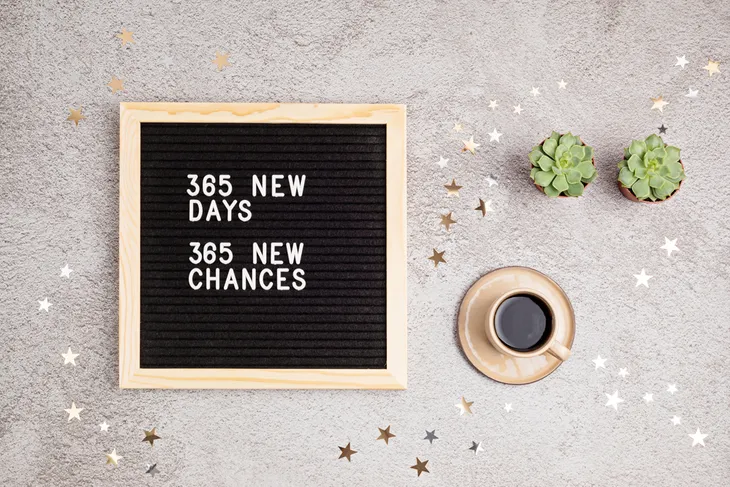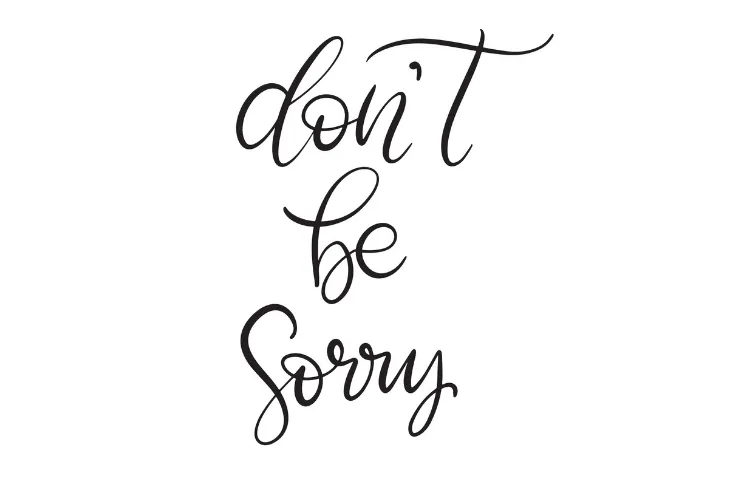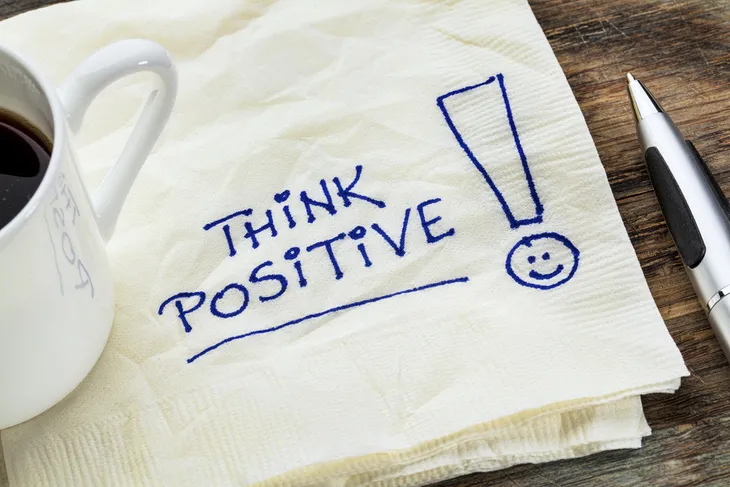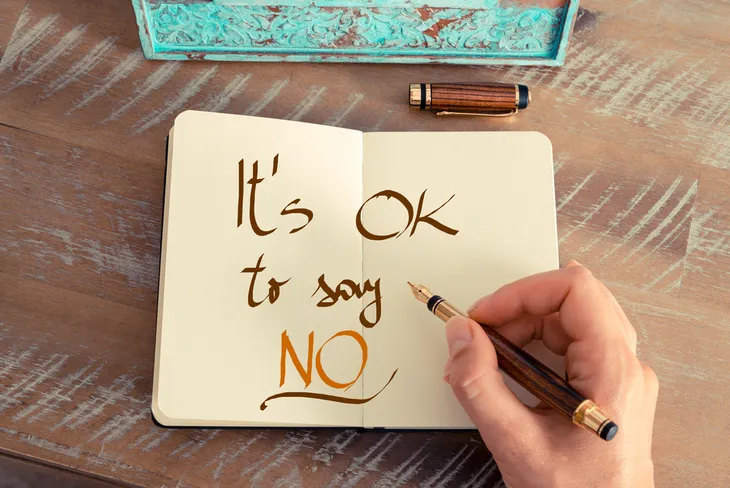There is something special about a New Year. It’s a clean slate. A fresh start. Something those of us living with chronic illness can truly appreciate. But it is also something many people struggle with, myself included. Everyone is setting intentions and resolutions for the New Year ahead. But setting goals when our lives feel like a medicated roller coaster ride, can be overwhelming and feel pointless at times. But every year, here I am, doing it anyway. Why? Because why not!
There are so many ways to choose resolutions for the upcoming year and none of them are wrong. It’s all about finding what works best for you. Here are some tips I’ve learned while living with Budd Chiari Syndrome on how to set New Year’s resolutions with a chronic illness…
Be Realistic
When it comes to resolutions I used to be a “think big” kind of person. But over the years I have learned something. The trick to sticking to resolutions is making sure they are attainable. I was that girl that every year said I was going to lose so many pounds, knowing full well that the medication I was taking caused weight gain. I would resolve to be in bed every night before 10 pm when I know I have insomnia and children.
This year, instead of making it about how much weight I can lose, I have decided to focus on becoming stronger and more active. Instead of putting a certain time frame to go to sleep, I resolve to create a better bedtime routine. They both have the same outcome, but with a little wiggle room which makes them more realistic. This little buffer is especially appreciated by people with chronic illness because we all know life can change in a minute’s time. And when we can bend with all the twists and turns life puts in our path, it’s less likely we will break and give up on our resolutions.
One Word Method
If the thought of resolutions feels like it might be too much for you, but you still want to do something to steer the year in a positive direction, try the one word method. Think of one word that best describes what you’d like to feel, experience, or accomplish in the next 12 months. Narrow it down to one word and let that be the focus.
A few words I have used are “self,” “aspire,” “grow” and this year, mine is “unapologetic.” Let me tell you how amazing it was to just let go of saying I’m sorry all the time! When someone gave me a ride to the hospital, I would say “thank you for taking me” instead of “I’m sorry you had to go out of your way!” I also stopped apologizing for being me and making myself a priority.
In 2020, I chose the word “grow.” That was the year I became obsessed with houseplants. But I also took time to work on and grow my relationships. Don’t be afraid to think outside the box and get creative! I have been thinking about what I want from 2021. After the year we’ve all had, it’s going to have to be a good one.
Resolutions for Chronic Illness
New Year’s resolutions should be things you want to work on or accomplish for yourself. Things that will make you happy and keep you as healthy as possible. Remember, when you are living with a chronic illness, life is bound to throw a wrench or two into the plan so try to keep that in mind!
If you’re looking for a few ideas for your resolutions, here are a few of mine that we could all work on together…
Stop Feeling Guilty for Resting
Don’t feel guilty about allowing time to rest. We’re all so busy and constantly bouncing from one thing to the next, it’s bound to catch up with us at some point and usually does. This upcoming year, allow yourself time to rest and don’t feel guilty about it!
Life with chronic illness is already exhausting. However, no matter how tired we are, we not only second guess taking that time for ourselves to re-group and rest, we also feel guilty about it. Well, don’t! We are all doing the best we can. Sometimes we need a break and that’s okay.
Don’t Apologize for Your Illness
Sorry is one of those words that gets thrown around more than it should be. I have a terrible habit of saying I’m sorry for everything. But I know I am not the only one who apologises for my illness. You don’t have to apologize for not feeling well or not being able to do something because of your illness.
Don’t Compare Your Illness to Others
Just because you have the same illness as someone else, does not mean you will have the same symptoms as them. Comparison really is the thief of joy. It’s so easy to look at someone else and wonder, why can’t I do, have, eat that too? Focus on what you can do and know that you are enough!
Try to Keep a Positive Attitude
Shifting your mindset to see the good in things is a game changer. You have survived all the days that came before today. So when life knocks you down, figure out how to make the best of that time. Maybe it was just a sign to take a break. Always look for the silver lining.
Learn to Say “No”
Learn how to say no. It’s not easy, I know, but it gets easier with practice. This doesn’t mean NEVER saying “yes,” especially if it’s something that you can or want to do. It’s more about learning to listen to your body when it’s tired or you just don’t feel up to it mentally. It might seem silly to point out, but we all do it! Don’t say yes to something that you know will leave you in pain or exhausted. It’s ok to say no.
There are so many other resolutions that would be perfect for others living with chronic illness, these are just a few to help get you started. Whatever you decide to do, make sure you are doing it for yourself. Go make those resolutions. Pick your word. And celebrate the New Year knowing you are ready to make it the best one yet.
